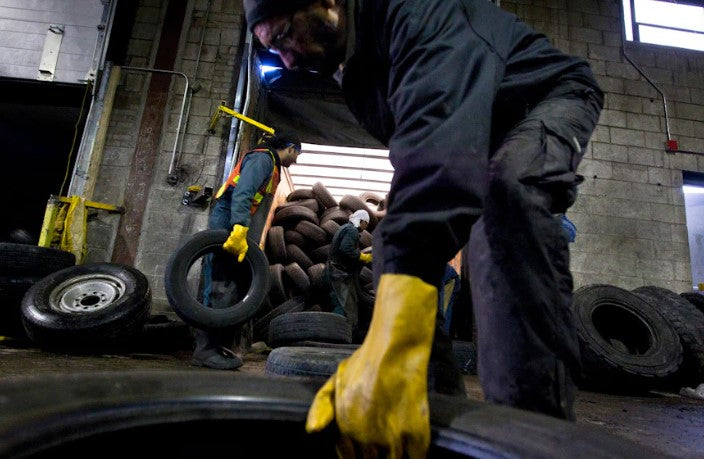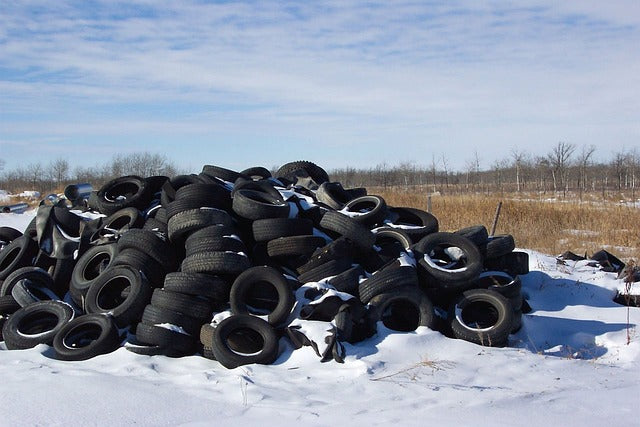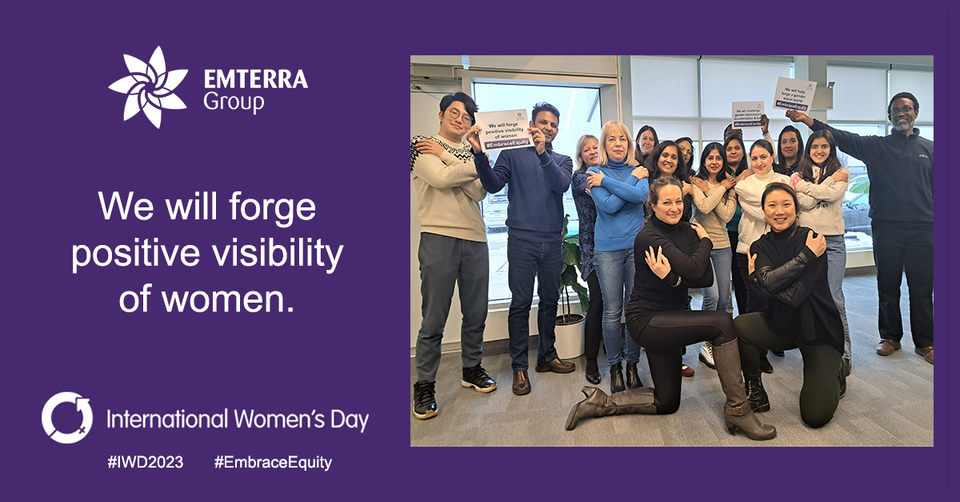
Battery producers individually and legally responsible for collection and management of used batteries under regulation
On July 1, 2020, Ontario released the battery Regulation under the Resource Recovery and Circular Economy Act, 2016. This Regulation significantly changed how battery producers manage their responsibility for used single and rechargeable batteries.
Under the Regulation, companies defined as battery producers are legally responsible, on an individual basis, for collecting and managing post-consumer batteries – and for meeting individual management targets. The Regulation replaces the collective producer responsibility model of the industry funding organization (IFO) system and expands the range of batteries regulated to include small rechargeable batteries.
Companies impacted by the Regulation are battery producers who are comprised of battery brand owners including manufacturers and retailers who sell under their own brand.
Producers are required to register with the regulatory oversight body, the Resource Productivity and Recovery Authority (RPRA), which was established by the Ontario Government to support the government’s drive towards a circular economy.
Producers were required to have collection and management systems in place by July 1, 2020 - that they have established themselves or they have arranged through a registered producer responsibility organization (PRO).
Ryse Solutions Inc. is registered with RPRA as a PRO and is ready to assist battery producers with their regulatory compliance needs and to offer advice in preparing for the new Regulation’s requirements. “Through a vertically integrated network of in-house and partner recycling service providers, Ryse Solutions can design and implement customized solutions to serve the full range of needs for obligated battery producers,” says Gordon Day, Vice President.
Now in year two as a PRO, Ryse Solutions’ executive management has over 50 years of collective experience in circular economy solutions. It is currently expanding its existing PRO services beyond tires to other recyclable products - including batteries.
“Ryse Solutions’ expansion of its PRO services provides choice to the producer community,” Day says. “Producers can now choose a PRO that is most suited to their business and circular economy needs.”
Owned by Emterra Group, Ryse Solutions is operated as a stand-alone business to provide efficient and effective solutions for producers’ compliance under evolving regulations. Ryse Solutions is a vertically integrated service provider and advisory partner for customers across many material streams and industries. As such, it is able to provide advice, compliance support and reporting, real-world recyclability testing of products and packaging, and design and implement end-of-life collection and recovery programs to meet regulatory, corporate circular economy and risk management objectives. This sets Ryse Solutions apart from other PROs.



